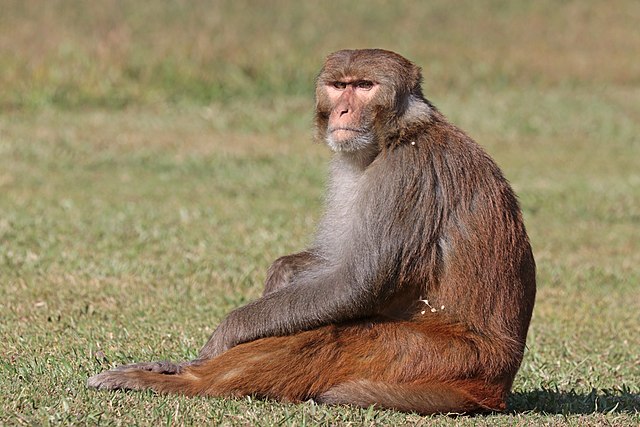Cloned rhesus monkey created to speed medical research
By Pallab Ghosh,
BBC
| 01. 16. 2024
They say they could speed up drug testing, as genetically identical animals give like-for-like results, providing greater certainty in trials.
Previous attempts to clone a rhesus have either not led to births or the offspring have died a few hours later.
One animal welfare group has said it is "deeply concerned" by the development.
In mammals, sexual reproduction leads to offspring made up of a mixture of genes from their father and mother. In cloning, techniques are used to create a genetically identical copy of a single animal.
The most famous cloned animal, Dolly the sheep, was created in 1996. Scientists reprogrammed a cell from another sheep to turn them into embryos which are building block cells that can grow into any part...
Related Articles
By Diaa Hadid and Shweta Desai, NPR | 01.29.2026
MUMBRA, India — The afternoon sun shines on the woman in a commuter-town café, highlighting her almond-shaped eyes and pale skin, a look often sought after by couples who need an egg to have a baby.
"I have good eggs,"...
By George Janes, BioNews | 01.12.2026
A heart attack patient has become the first person to be treated in a clinical trial of an experimental gene therapy, which aims to strengthen blood vessels after coronary bypass surgery.
Coronary artery bypass surgery is performed to treat...
By Staff, ScienceDaily | 01.05.2026
Scientists at UNSW Sydney have developed a new form of CRISPR technology that could make gene therapy safer while also resolving a decades-long debate about how genes are switched off. The research shows that small chemical markers attached to DNA
...
Following a long-standing CGS tradition, we present a selection of our favorite Biopolitical Times posts of the past year.
In 2025, we published up to four posts every month, written by 12 authors (staff, consultants and allies), some in collaboration and one simply credited to CGS.
These titles are presented in chronological order, except for three In Memoriam notices, which follow. Many more posts that are worth your time can be found in the archive. Scroll down and “VIEW...




